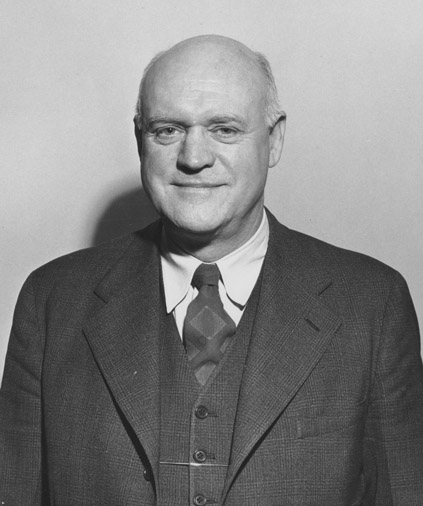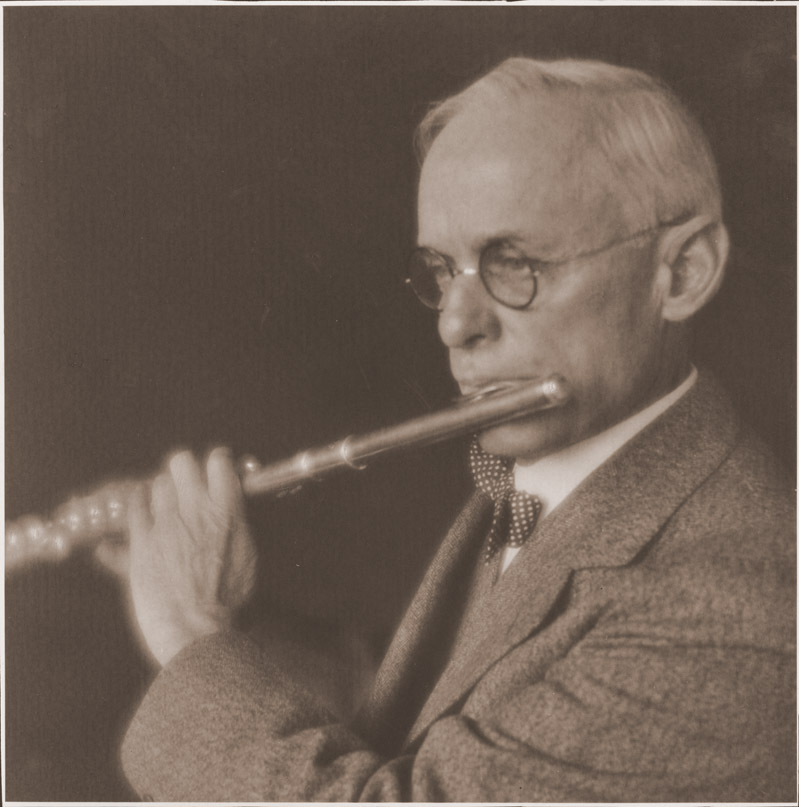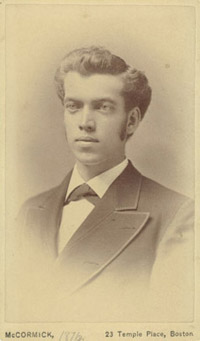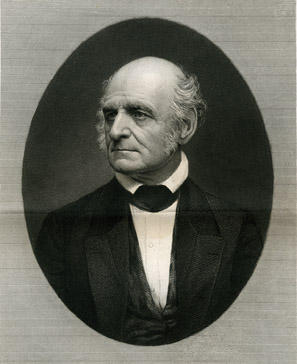University of Massachusetts Amherst. Theses and Dissertations
SCUA holds a nearly complete run of undergraduate honors theses, arranged chronologically by year and then alphabetically by author. A small selection of honors theses are available to view online at university’s institutional repository’s CHC Theses and Projects page. Honors theses can be viewed on site in the Special Collections and University Archives reading room. Starting in 2019, all undergraduate honors theses are submitted electronically.
- Paper honors theses (pre-2019) may take up to one to two business days to retrieve.
- Digital honors theses (2019 forward) must also be viewed on site in SCUA’s reading room, but they do not have a delay period from request to retrieval and access.
A spreadsheet list of honors theses can be consulted online. Email SCUA with your requests in advance of visiting. Please include the year, author’s full name, and the title for each thesis requested.
Masters theses and dissertations written by UMass Amherst students are not a part of the University Archives, but most are available in electronic form through the university’s institutional repository, ScholarWorks.






